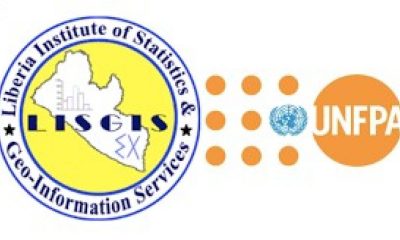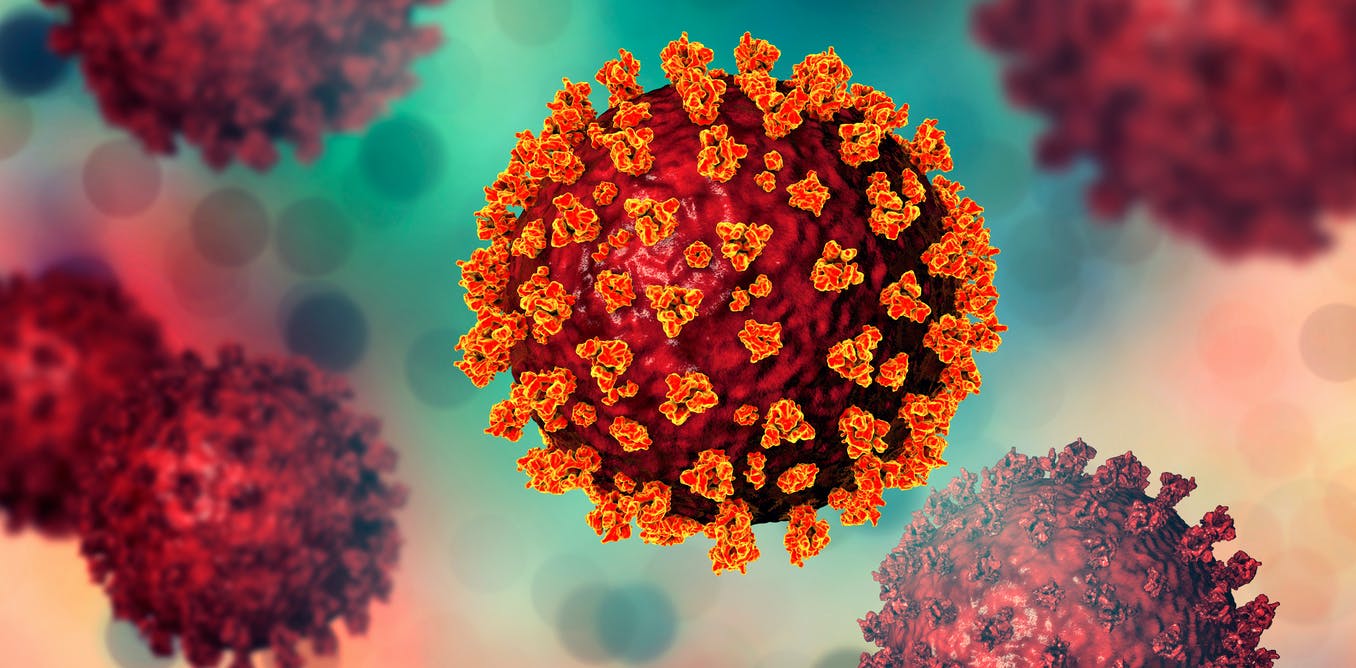Paynesville — The Alpha variant also known by its lineage B.1.1.7 is a descendent or a variant of SARS-CoV-2 — the disease that causes COVID-19. In microbiology and virology the term variant refers to a subtype microorganism that is genetically distinct from a main strain, but not sufficiently different to be term as a strain. According to World Health Organization, all viruses change over time and these changes may affect the virus’ properties.
Report By: Michael Gharib, Local Voices Liberia Fact Checker
So, what are the five important things you need to know about the Alpha Variant?
- Where it was first identified?
The Alpha variant was first identified and documented in the United Kingdom in September 2020, and was labelled a variant of concern by the WHO on December 18, 2020. According to The Center for Disease Control, the Alpha variant was also detected in the United States in December 2020.
To be named a variant of concern means there is evidence of an increase in transmissibility, more severe disease, or increased hospitalizations or deaths, significant reduction in neutralization by antibodies generated during previous infection or vaccination and reduced effectiveness of treatments or vaccines, or diagnostic detection failures.
2. How is it different from other variants?
The Alpha (B.1.1.7) differs from the other variants in many ways. Firstly, the Alpha variant has 23 mutations which set it apart from others. According to Healthline, it has several mutations in the virus’ spike protein which is found on the surface of the virus. This protein is what the virus uses to bind to, and enter the host cells in a person’s body. Being the first strain that was designated as a variant of concern by WHO, it has been estimated to be 50% more transmissible then the first strains of COVID-19
3. Effects of the Alpha Variant
The Centers for Disease Control and Prevention says the following are some of the effects of the Alpha variant compare to the other variants:
- Potential increased severity based on hospitalizations and case fatality rates.
- No impact on susceptibility to EUA monoclonal antibody treatments
- Potential increased severity based on hospitalizations and case fertility rates
- Minimal impact on neutralization by convalescent and post-vaccination ~50% increased transmission sera.
- Symptoms:
- Headache
- Chills
- Muscle aches
- Loss of appetite
- Shortness of breath
- Loss of smell or taste
- Fever
- Nausea
- Cough
- Stuffy or runny nose
4. Preventive Measures
- Wear a mask that covers your nose, and mouth when you are in the public. Make sure it has two or three layers of fabric.
- Do not put cloth mask on children under 2 years old, or people who have difficulty breathing.
- Wash your hands with soap and water. Use hand sanitizer with at least 60 percent alcohol if it is available.
- Try to stay at least 6ft away from people outside of your home. Stay away from crowded areas or places that are poorly ventilated.
- Make yourself available to get vaccinated as soon as possible, all COVID 19 vaccines approved by WHO have proven to be effective against the virus.













































































































































































































































































































































































































































































































































































































